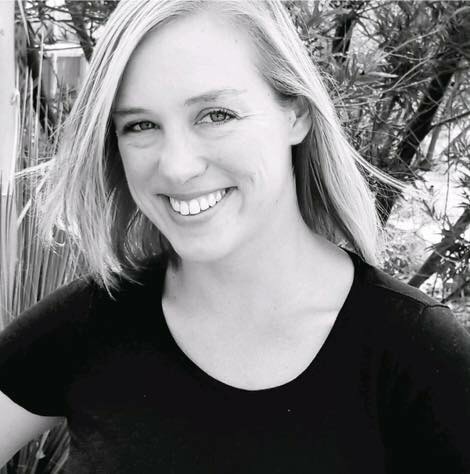ISSN: 1941-4137
POETRY THAT ENACTS THE ARTISTIC AND CREATIVE PURITY OF GLASS
POETRY THAT ENACTS THE ARTISTIC AND CREATIVE PURITY OF GLASS

Shannon Elizabeth Hardwick's work has appeared in Salt Hill, Stirring, Versal, The Texas Observer, Devil's Lake, Four Way Review, among others. She is listed as a contributor of both poetry and prose in A Shadow Map: An Anthology of Survivors of Sexual Assault, published by Civil Coping Mechanisms. She has chapbooks out with Thrush Press and Mouthfeel Press. Hardwick serves as the poetry editor for The Boiler Journal and her first full-length, Before Isadore, was recently published by Sundress Publications.
The Brain Like An Orchestra That Can Play Many Tunes
I learned a lot about birds from my mother.
How, to help preen, you can use nails
to bring up new shoots, new plumes. How
a domiciled bird needs attachment.
If depressed, they may take to plucking. Only
after I had exhausted other options:
my teddy bear, my dolls, fake lashes
pulled one by one, sometimes in groupings,
did I begin with my own hair.
Instead of listening in math class, I'd pull an eyelash,
feel the eyelid snap back into place. Better was the tug
of scalp. On a good day, the root
intact, I'd run strands through my nail-bed,
a satisfying grit to it. The problem
with the body — there's more of it.
*
If I had been older, would I have let him
follow through with it. I was twenty
and manic and had mostly quit hurting
myself. Is there still a buzz underneath,
like when I'd pick the body, the pain
a grounding rod. Don't anchor me and
anchor me is said in the same way. When I told him,
No, he was preening the part that needed
to feel alive. I let him do it.
*
In Oklahoma, my brother killed a falcon
by accident. He wasn't careful
with the muzzle, where it pointed.
*
Where the inside bled out,
I can still taste. The bird's inner ear
is the same — small amounts of iron in
neurons help it find North. If I let the wound
run too long, the skin cracks where iron dries.
*
My brother said it took a week for the falcon's mate
to stop crowning his head in oak, circling wings
to keep a constant reminder over his daily
course to the library. He'd sit, wait for its kik-
kik with no response.
*
When my mother scratches new shoots,
in appreciation, the bird's beak unhinges.
I know the release of jaw.
I know how ball joints work,
*
how they snap. When I tell them
I didn't want to be with men
who punch me, they cry
as though I'd been the one with hands
around neck. I still wonder, does the choke
make coming better knowing
you made another woman stop breathing.
*
There's fire under my skin — A young bird
imprints on the sun, stars to orient. I used him
as a landmark. The problem with pain is that it's
necessary as a point of reference. What was North
back then was a clustered fist. I'm told
I look like a bird, he laughed, traced my youth-
scar with his nose, described the "olfactory map."
A bird's eyes interact with the brain
in its "Cluster N." That's how they know
where to fly. I needed his fists
to know, what I wanted, did it exist.
Glass: A Journal of Poetry is published monthly by Glass Poetry Press.
All contents © the author.
All contents © the author.





